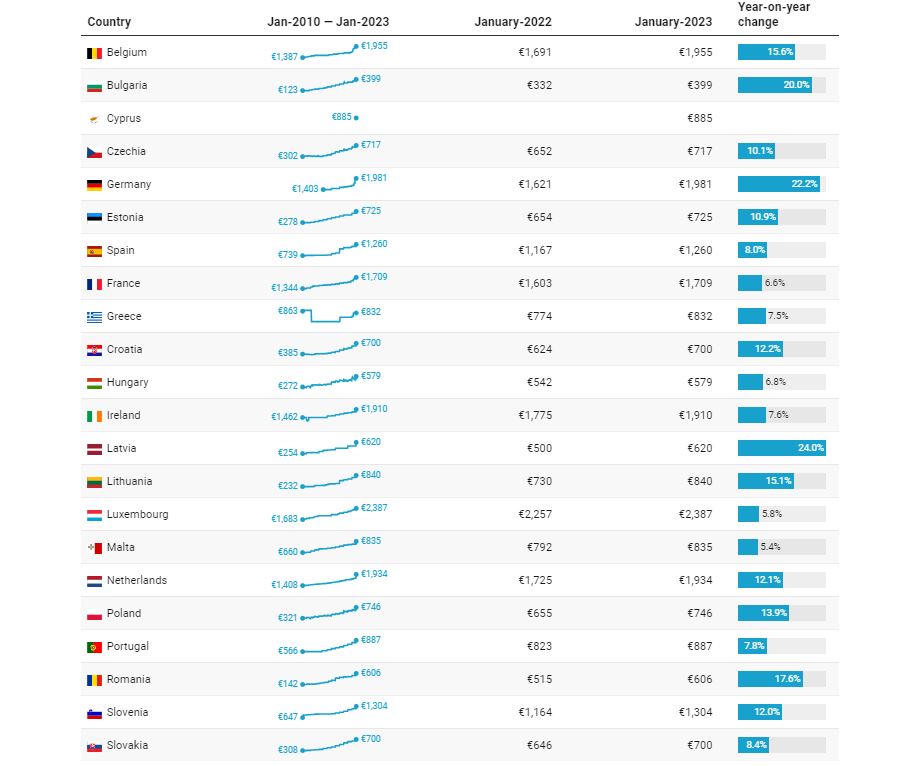
Industrial relations and social dialogue
Industrial relations and social dialogue is one of Eurofound's main operational activities for its 2025–2028 programming period. Building on the past 50 years of research, Eurofound continues to function as a centre of expertise for monitoring and analysing developments in industrial relations and social dialogue at European and national levels and promoting dialogue between management and labour.
Eurofound’s research priorities are shaped by the opportunities and challenges arising from four mega-drivers: demographic change, climate change, technological change and re-globalisation. In the area of industrial relations and social dialogue, the Agency also continues to monitor, report and analyse developments in this area at sector and, as far as feasible, company levels.
This research activity responds to the need to support social dialogue and provide comparative data on national institutional settings and developments as well as European-level developments.



































